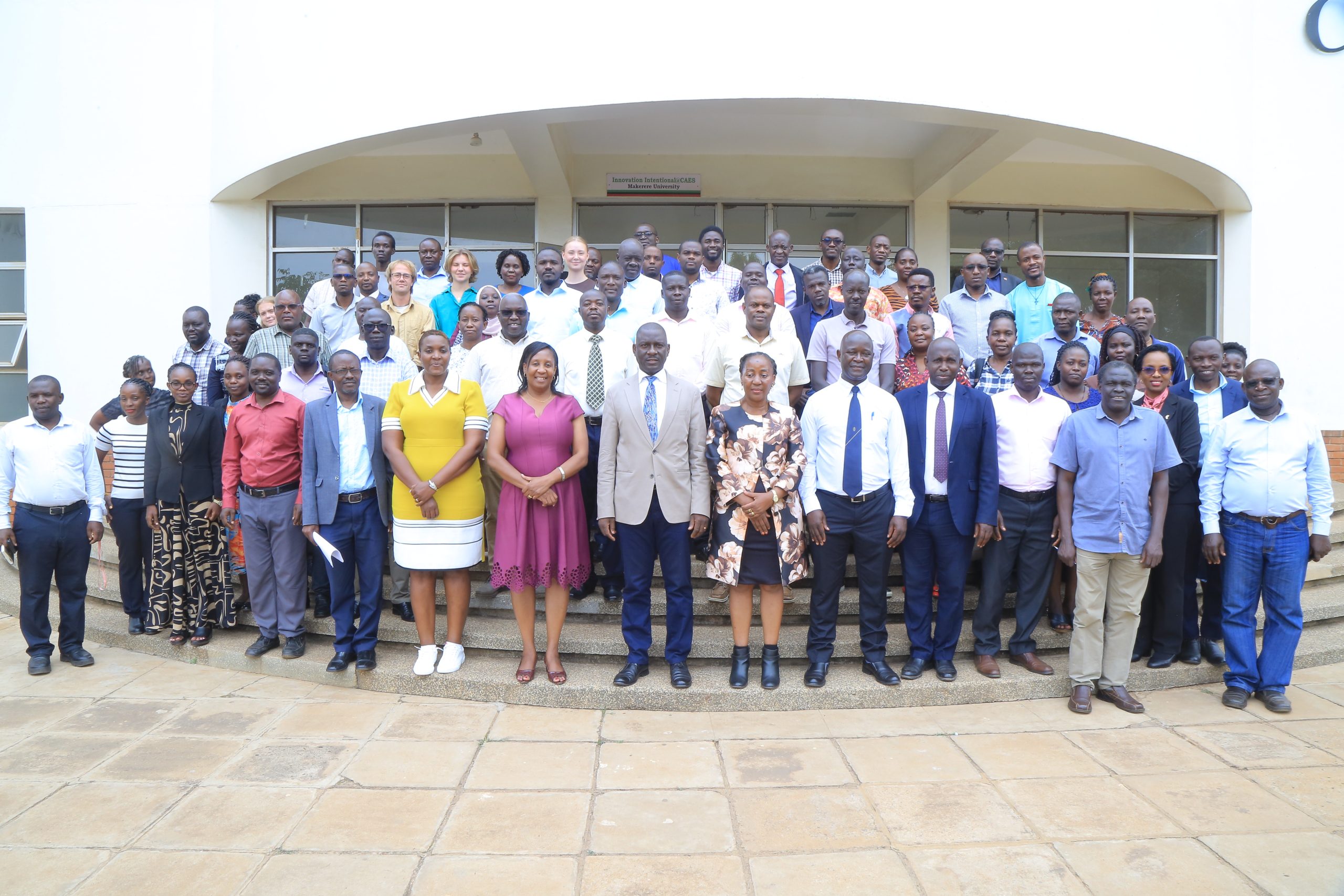
The Principal of the College of Agricultural and Environmental Sciences (CAES), Prof. Gorettie Nabanoga has called on doctoral students to focus their research efforts on addressing real-world challenges and contributing to national and global development.
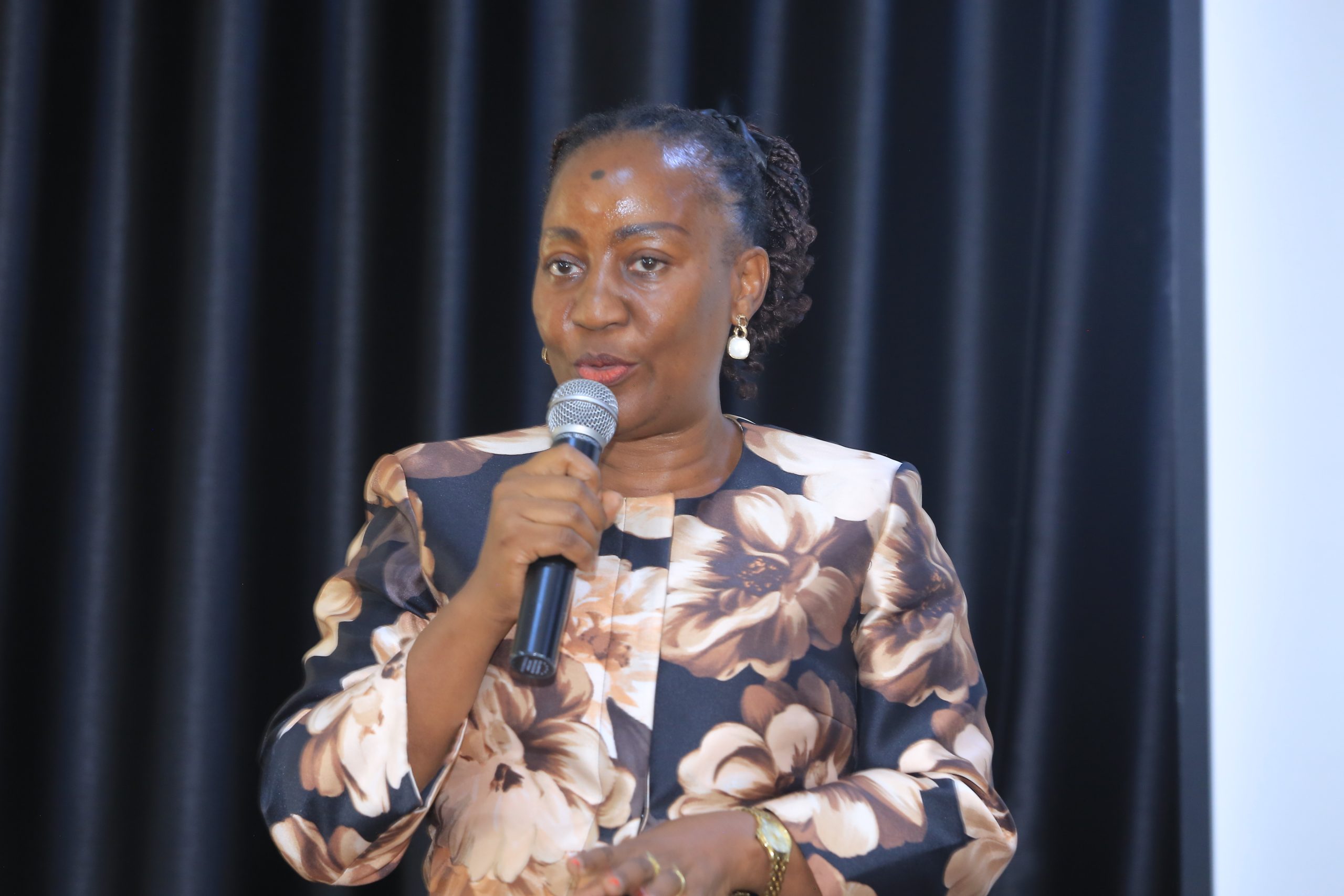
Speaking at the inaugural CAES Doctoral Symposium, held from 10th to 11th September 2025 at Makerere University, the Principal emphasized that impactful research, not just the quantity of academic publications, should be the hallmark of a research-led university. “As a university aspiring to lead in research and innovation, our work must go beyond academic recognition. It must bring about meaningful change,” she said. “We are moving away from an era where scholars were measured solely by their publications. Today, the value of your PhD lies in how your research transforms lives and communities.”
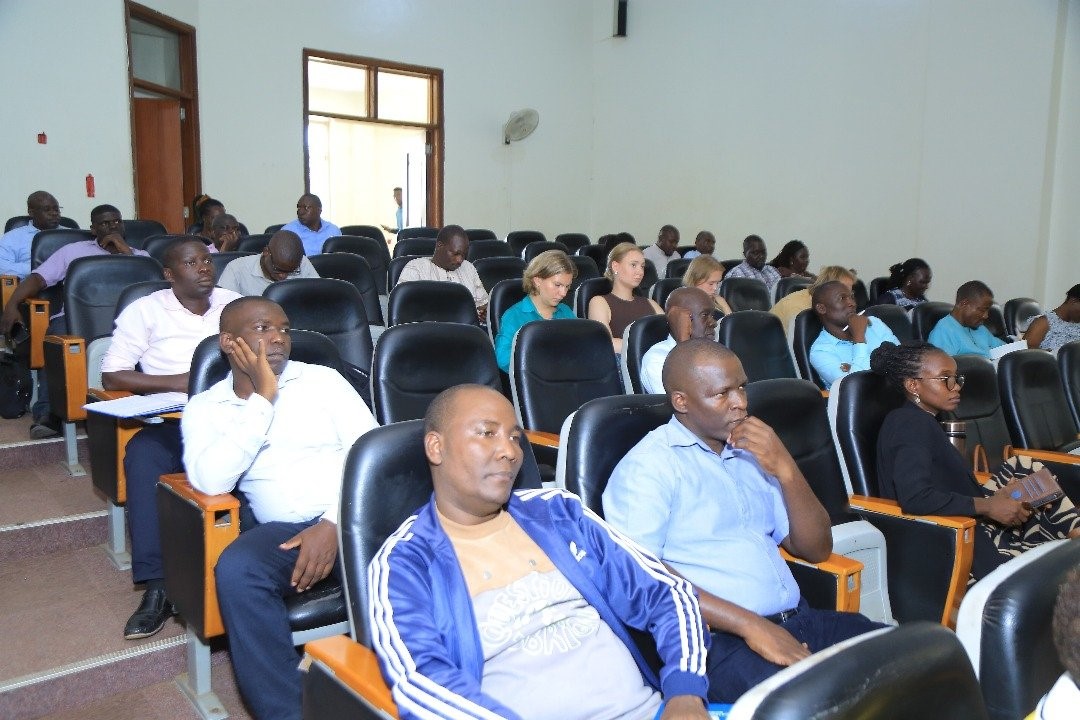
While acknowledging the university’s requirement of three peer-reviewed publications for doctoral graduation, the Principal urged students to focus their research on critical societal challenges such as food security and nutrition, climate change, and environmental degradation. “A PhD is not merely an academic exercise or a quest for knowledge accumulation. It is a rigorous journey of inquiry, one that requires asking the right questions and seeking evidence-based solutions,” she explained.
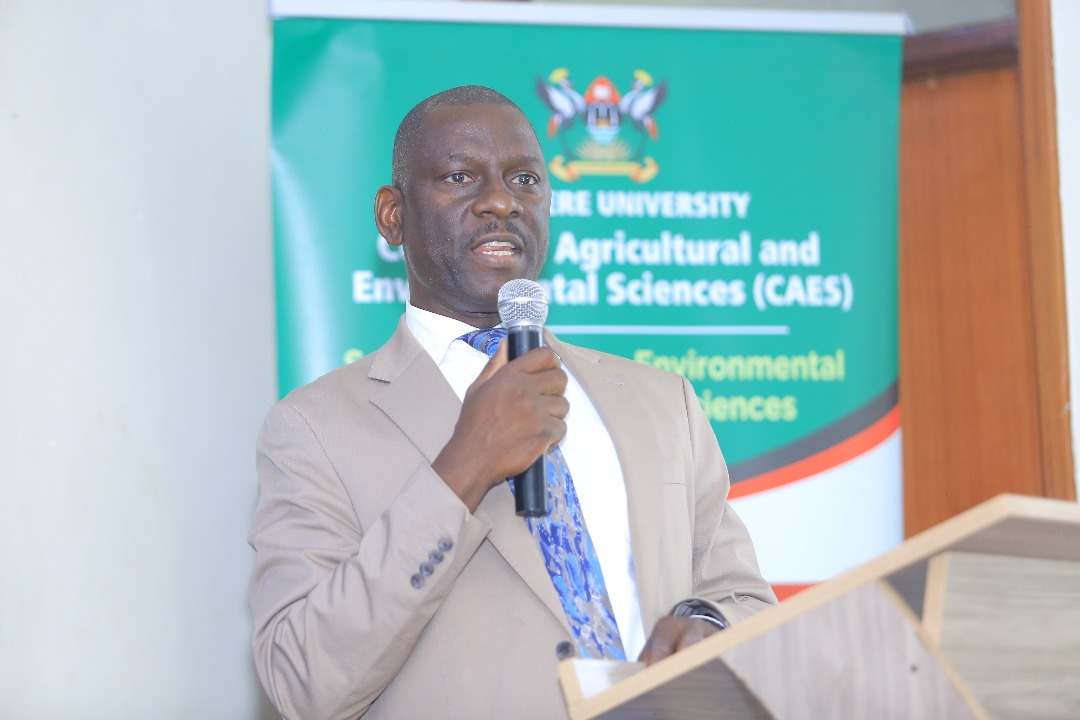
The Principal encouraged students to take advantage of the university’s academic support systems, including the CAES GRADCARE Management System, to ensure timely completion of their programmes.
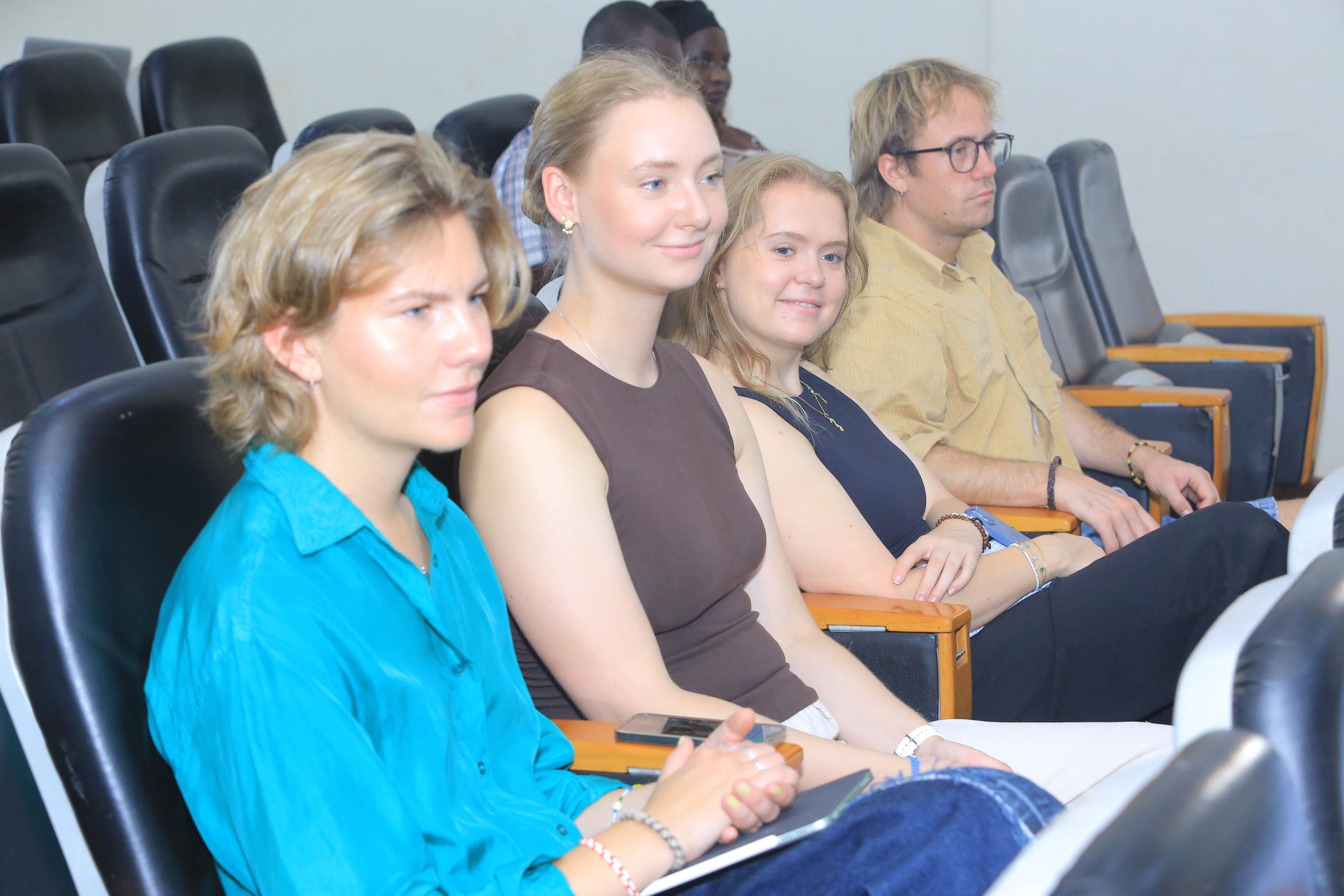
Delivering a keynote centred on addressing Africa’s most pressing societal challenges, Prof. Julius Kikooma, Director of Graduate Training at Makerere University called for a renewed commitment to research that directly responds to Africa’s development needs.
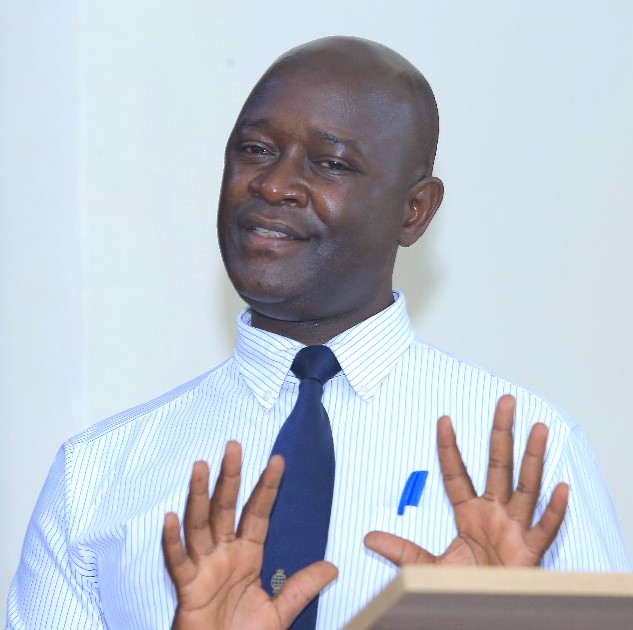
Speaking under the theme “Making the PhD Relevant to Africa’s Development Aspirations”, Prof. Kikooma underscored the critical need for research at the doctoral level to be aligned with national, regional, and global development agendas. “We gather at a time when Africa stands at a crossroads,” he stated. “On one side, the continent is grappling with complex and overlapping crises – climate-induced disasters such as floods and droughts are displacing communities, food insecurity is worsening amid a rapidly growing population, and social inequalities are deepening. Yet, on the other side, Africa holds immense promise. We are home to the world’s fastest-growing youth population, and some of the most dynamic emerging economies. The potential is vast, but it must be matched by research that is relevant, and transformative.”

Prof. Kikooma challenged universities and research institutions to fundamentally rethink the purpose and structure of doctoral education. He advocated for a shift toward more applied, interdisciplinary, and impact-oriented research that actively contributes to solving real-world problems.
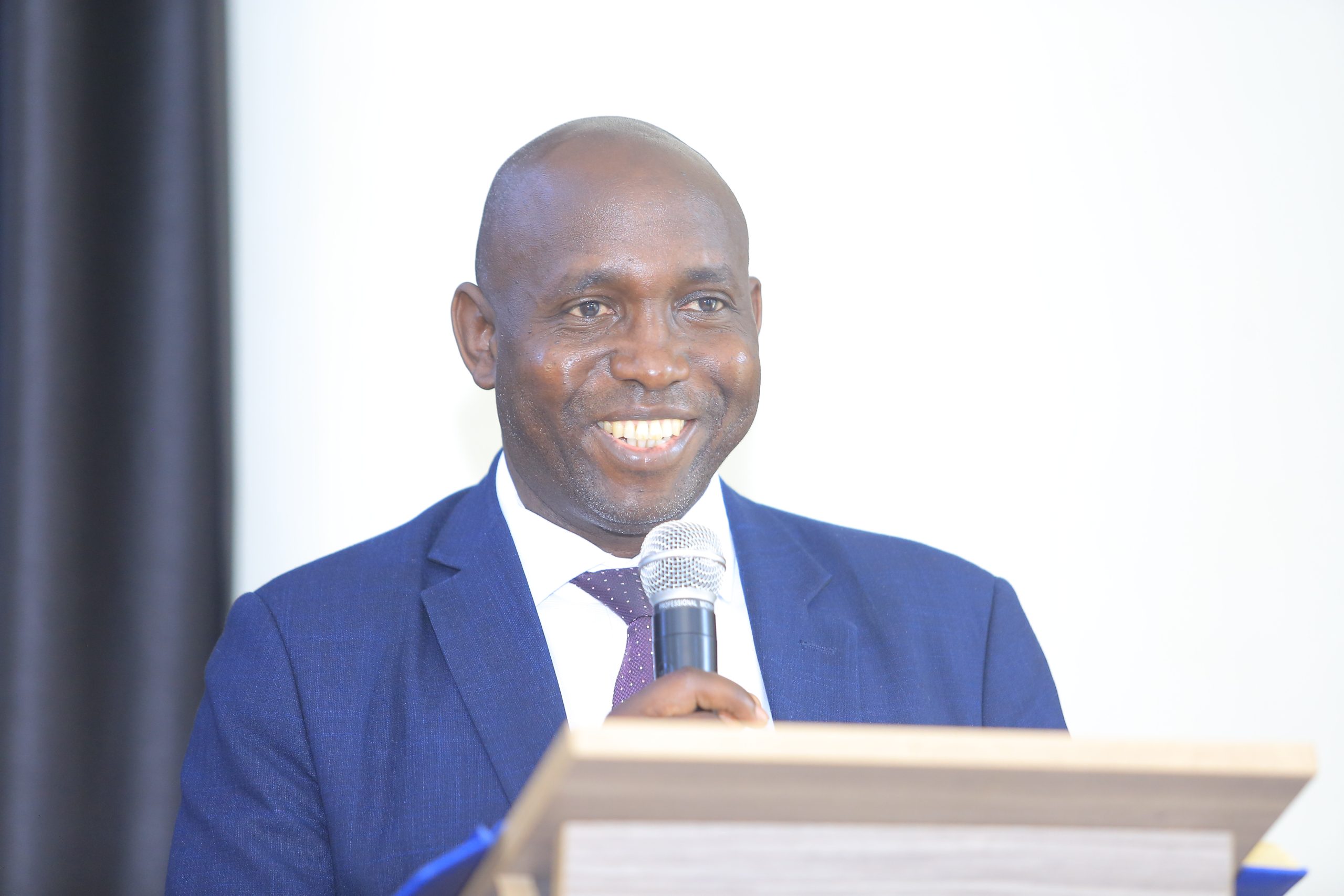
He emphasized that PhD programmes must not be ends in themselves, producing dissertations that gather dust on shelves, but should instead be engines of innovation, capable of informing policy, transforming communities, and driving sustainable development across the continent.
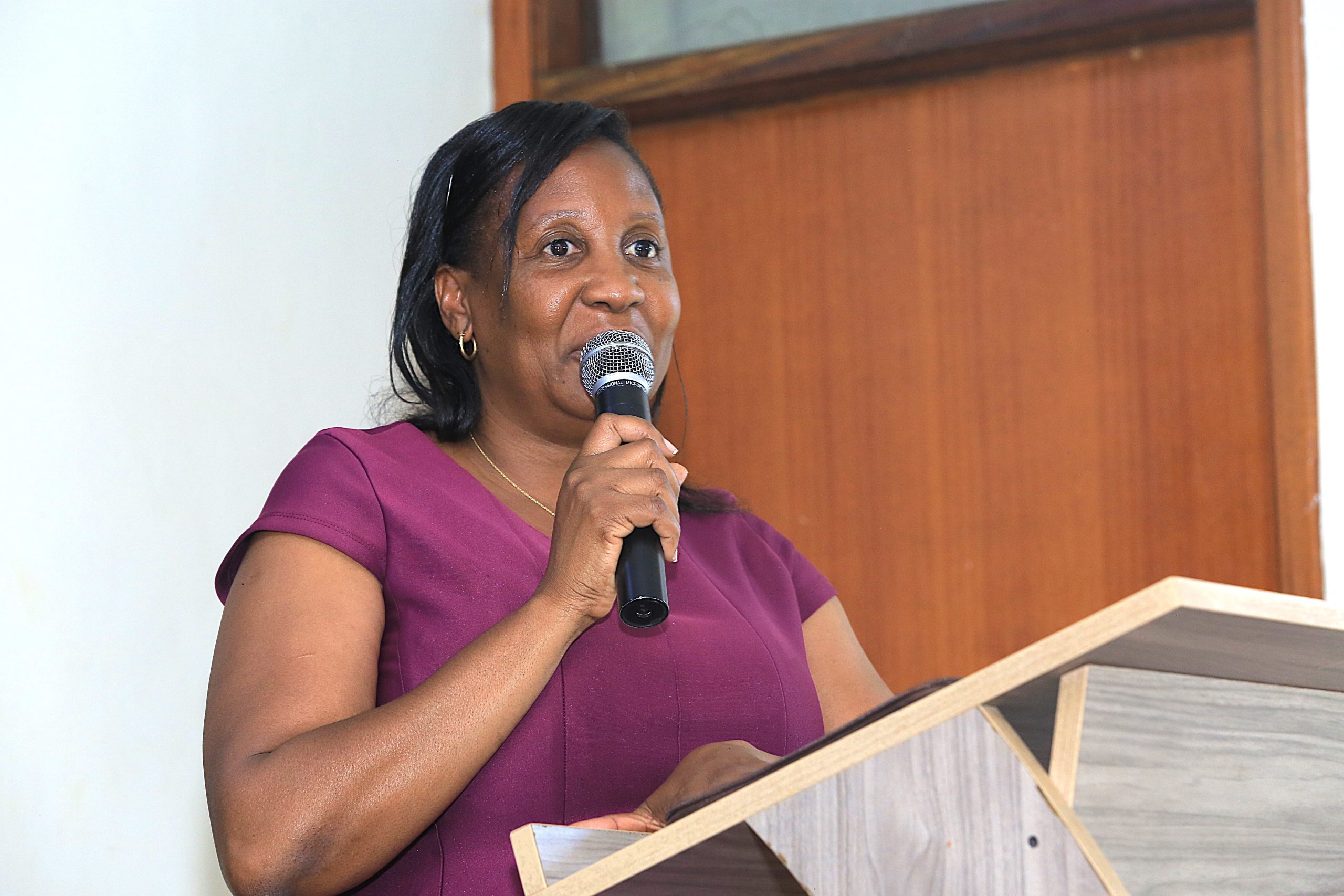
Reiterating the critical role of graduate training in driving transformative research, Prof. Kikooma underscored the importance of deliberate and strategic efforts in realizing the aspirations outlined in the University’s Strategic Plan. A key priority of the plan is to significantly increase graduate student enrolment, with a target of having postgraduate students comprise 40% of the total student population. In alignment with this objective, Makerere University also aims for graduate students to represent 40% of all annual graduands. To support the attainment of these goals, Prof. Kikooma explained that the University had instituted a number of initiatives aimed at streamlining academic processes and reducing inefficiencies that can hinder timely completion. One notable intervention is the implementation of the Research Information Management System (RIMS), a digital platform designed to monitor and track research progress, thereby minimizing downtime and enabling better oversight of graduate research activities.
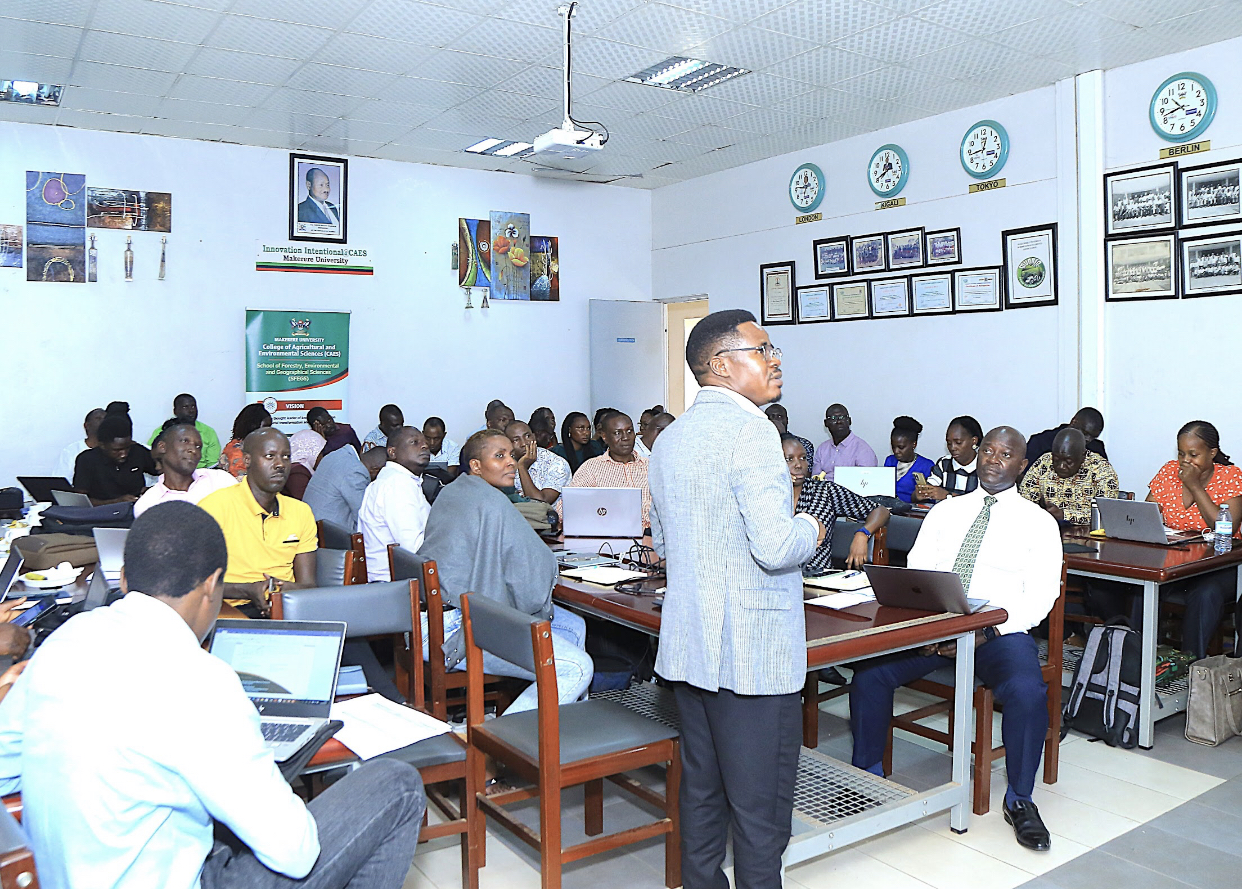
The second day of the Doctoral Symposium featured a keynote address delivered by Dr. Settumba B. Mukasa, an Associate Professor in the Department of Crop Science and Horticulture at CAES. His presentation offered valuable insights into the critical role of academic writing in shaping impactful research and advancing doctoral education. Dr. Mukasa offered practical guidance on structuring academic work, maintaining coherence and precision, and aligning writing with the expectations of scholarly publishing. His insights provided doctoral candidates with essential tools for enhancing the quality, visibility, and credibility of their research outputs.

According to Prof. Yazidhi Bamutaze, the Deputy Principal and Head of Academics at CAES, the Doctoral Symposium was organized with the primary objective of providing a platform for PhD students to present their research, receive constructive feedback, and engage in scholarly dialogue with peers and senior academics. The event aimed to foster a vibrant academic community, enhance research quality, and promote collaboration across various disciplines within the college.
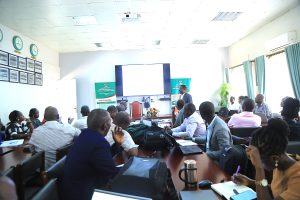
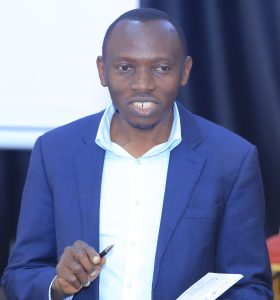
During the symposium, over 50 students presented their research across the following thematic areas:
- Engineering, materials science, nanotechnology, and product prototyping, highlighting advancements in technological innovation and design;
- Stakeholder and farmer engagement, with a focus on perception, knowledge sharing, and participatory approaches to development;
- Crop resources, breeding, biotechnology, cell biology, and genomics, addressing breakthroughs in plant science and genetic research;
- Forest Resources, Meteorology, Catchment Management, and Wetlands Conservation, integrating environmental science with resource management;
- Soil and crop science, underscoring sustainable practices and soil health; and
- Food, Nutrition, and Animal Science, focusing on food security, health, and livestock management.
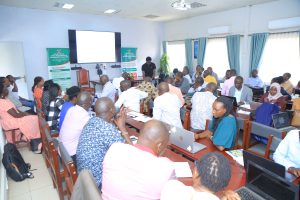
The sessions were moderated by academic staff from different departments at CAES including Prof. Jackie Bonabana (Department of Agribusiness and Natural Resource Economics), Dr. Denis Nseka (Department of Geography, Geo-Informatics and Climatic Sciences), Prof. John Bosco Okullo (Department of Forestry, Biodiversity and Tourism), Dr. Ellen Kayendeke (Department of Environmental Management), Dr. Patrick Musinguzi (Department of Soil Science and Land Use Management), and Dr. Robert Muagabi (Department of Food Technology and Nutrition).
Pictorial of the symposium at: https://shorturl.at/Dbmlc

